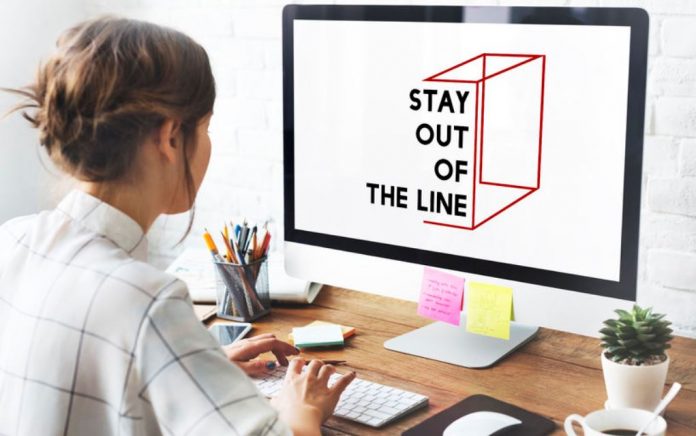Forget the answers and think about the questions, says Ian Gilbert
Answers are vastly overrated
Our education system is built around answering questions with facts we have stored away in our memories, ready for just such an opportunity. Indeed, popular understanding of intelligence is based around recalling answers when asked. Brain of Britain is actually Memory of Britain. Mastermind is actually Mastermemory. Those strange-looking academic students on University Challenge might be very intelligent, but intelligence is not what is being asked of them.
‘You’re Not Thinking, You’re Just Being Logical’ – Niels Bohr
Nobel Prize-winning Danish physicist Niels Bohr knew that there was more to thinking than logically applying what you previously learned and American businessman and inventor, Thomas Edison, allegedly displayed a sign in his workshops encouraging his employees to ‘Think’.
Questions will take you much further
A recent article for Harvard Business Review suggests that we need to look again at what we mean by being smart. In a world of Artificial Intelligence (AI) and the rise of the smart machines, when it comes to storing, remembering and sorting, there is no way we humans can compete directly. So, following the same Darwinian route that any threatened organism takes, we need to find our niche.
We need questions computers can’t answer
If I ask you, ‘Is there a safe way to die?’, you may struggle at first, but you will come up with a response, one that is not from your personal memory banks. A computer – or indeed Google – will not answer that question adequately because there is no ‘yes’ or ‘no’ answer, nothing an algorithm can get to. Just a process of thinking set in motion, with no set conclusion. The same applies if I ask, ‘Is it OK to bully a bully?’, ‘Is a murderer evil if they are just doing their job?’ or ‘Does a dog mind what you stroke it with?’.
When we play with questions like this, questions I call Thunks, three things start to happen.
Firstly, we start to think, hard. ‘My brain hurts!’ is a very common response when you start debating your answers to Thunks.
Secondly, you start to look at the world differently. ‘Can you always be sure you’re doing no harm?, ‘If you turn your speakers upside down, does the music come out upside down?’ and ‘Can you wash a hole?’ are questions that mean you not only have to think about things you hadn’t thought about before but, also, reappraise what you thought you knew. This is especially helpful for getting us out of set patterns of thoughts, ‘templates’ in our brains, that mean we’re always happier thinking what we’ve always thought.
Thirdly, you start to realise that your ideas count. People can often feel unconfident if they feel they either won’t be able to come up with the right answer or that people might laugh if they do. With Thunks, there are no right answers and everyone’s response is as good as anyone else’s. You’ve changed the rules, stretched your brain into new shapes and proven that computers can be logical, but only humans can really think.
Ian Gilbert is founder of Independent Thinking Ltd and author of The Compleat Thunks Book


